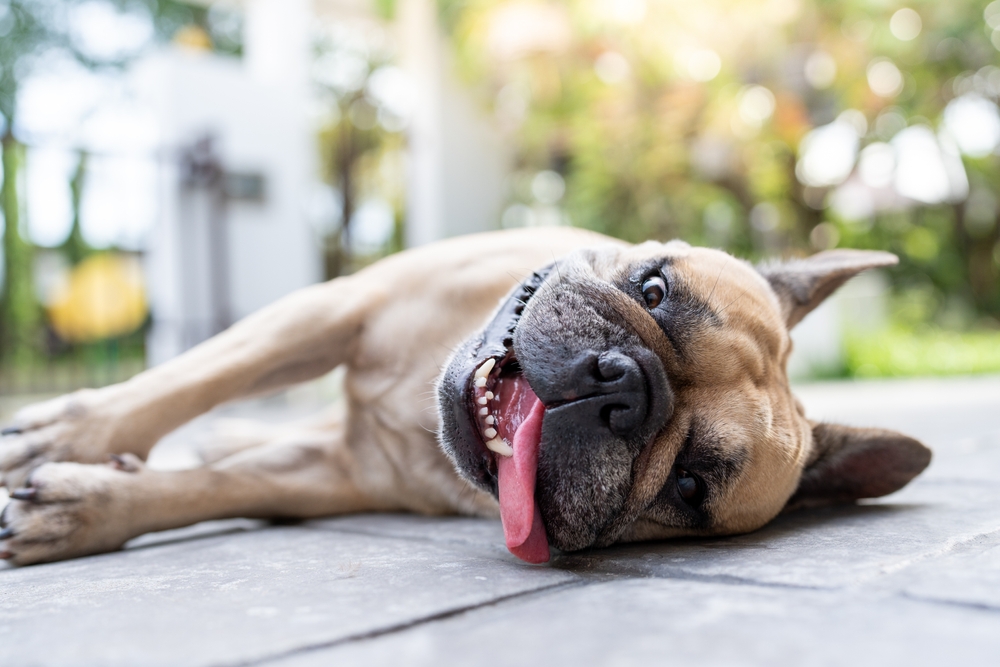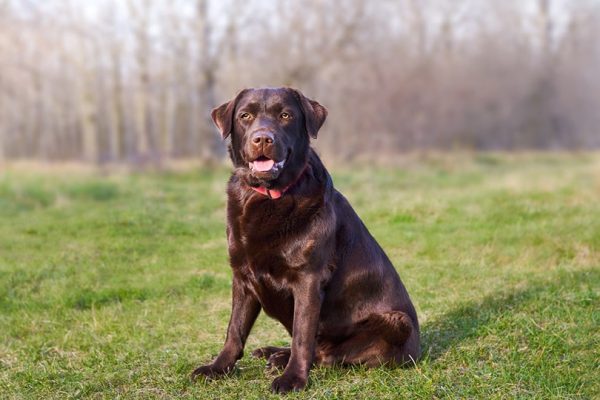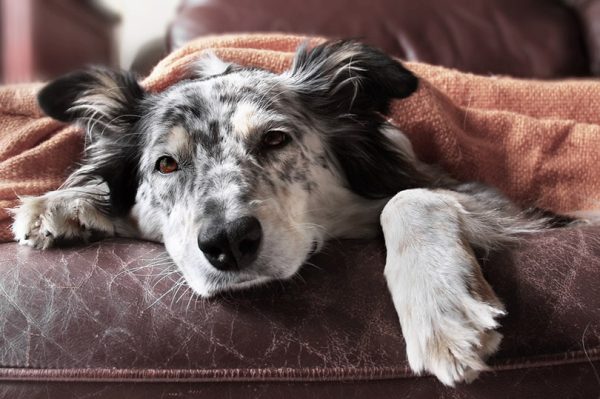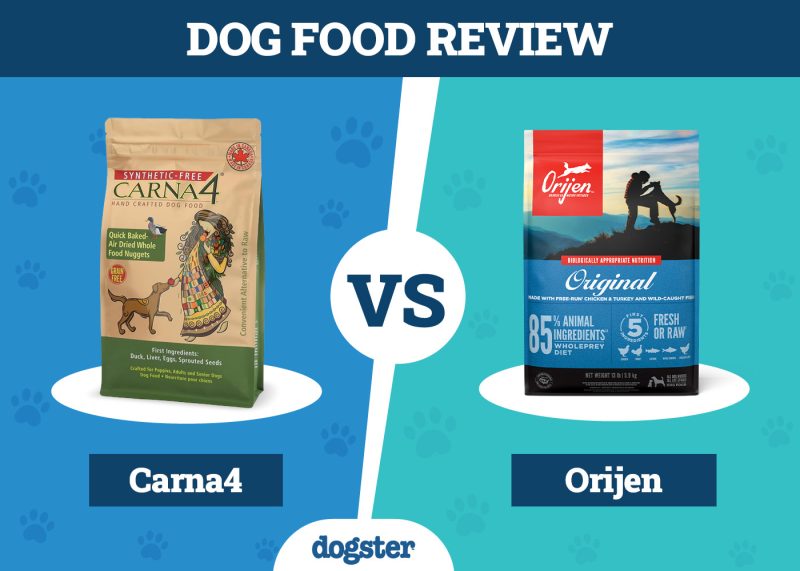In this article
French Bulldogs are sought after for a reason! They have extremely interesting appearances and personalities that captivate everyone’s attention! But despite their award-winning personalities and curious spirits, there are several other aspects to owning a Frenchie that you should be aware of before taking the plunge. A French Bulldog is not necessarily something that will work for every person. It is important to understand proper care, including all the things that you should not do with your Frenchie. So, let’s get into it.

The 5 Things Not to Do With a French Bulldog
1. Do Not Over Exercise Your Frenchie
The French Bulldog is a brachycephalic dog. That means that they have large globe-like heads with a pushed-in snout. Due to the shape of their face, their airways can be compromised by being small or blocked with soft tissue structures like the soft palate.
Many Bulldogs can suffer from brachycephalic obstructive airway syndrome (BOAS) meaning that they have a lot of trouble with prolonged or strenuous exercise. That doesn’t mean that you shouldn’t let your Frenchie run around. It simply means that you need to know when it’s time to call for a break, as sometimes a young and boisterous dog won’t know their limitations.
It might seem like it’s no big deal, but realistically, these dogs can suffer some pretty serious health consequences, including death in circumstances where they can’t get enough oxygen. On average, a French Bulldog should have a lower amount of exertion and should never be forced to perform for long periods of time. Enforce frequent breaks and fresh water on more active days.
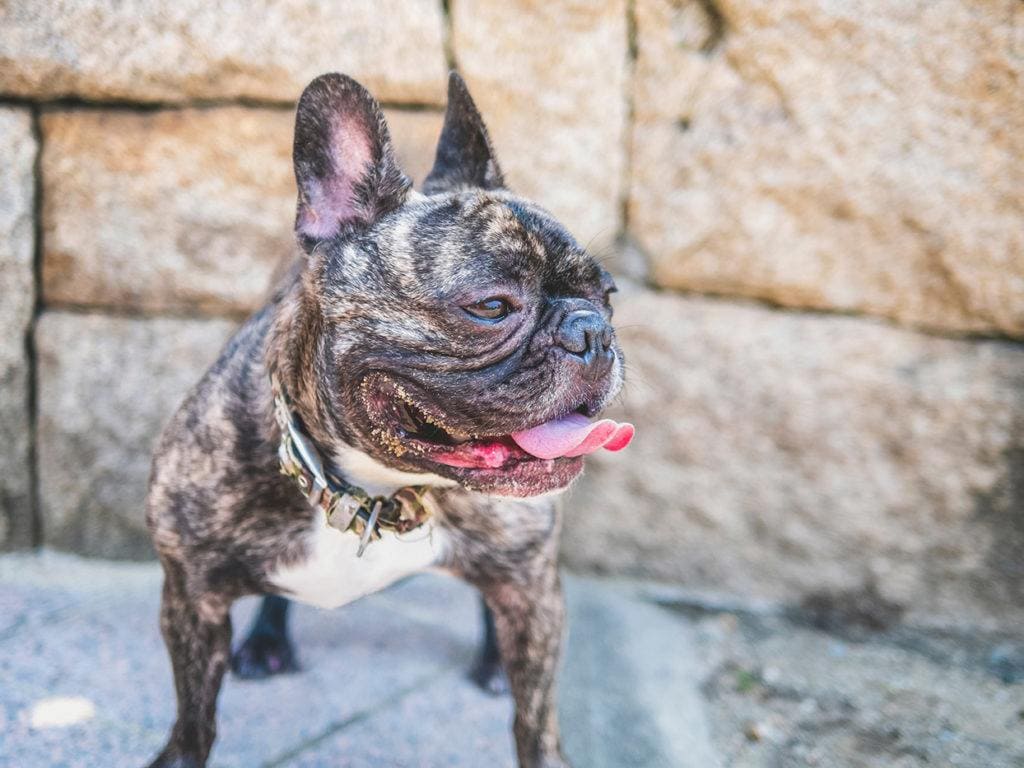
2. Do Not Have Your Frenchie in Extreme Temperatures
Frenchies are not good candidates for holding up in any sort of extreme temperatures. This once again has to do with their breathing issues. Because of the unique way a French Bulldog is designed, it is important to avoid high and low temperatures—especially for extended periods.
First of all, their short snout makes it hard for them to cool off by panting1. Their temperature can rise more quickly than that of other dogs and they are prone to heat stroke. If they are forced to pant more to cool off, this can also cause some breathing problems.
In cold climates, your Frenchie will have trouble staying warm, as they have short coats that are not well insulated. It is estimated that these dogs should only be outside for extended periods when it is 55 degrees Fahrenheit and above, but preferably warmer.
What does this mean? You get to dress your Frenchie in all sorts of cute sweaters in the winter months! It’s time to get out your crochet hooks and skeins of yarn! Pinterest, look out!
3. Do Not Overfeed Your Frenchie
Frenchies are very prone to weight gain, especially after they are spayed and neutered or once they have reached a certain age. It is completely normal for activity levels to slightly decrease as your Frenchie ages.
However, it is important to encourage good exercise habits, as well as properly portion their meals. If your Frenchie eats table scraps or anything of the matter, it can lead to weight gain, which quickly turns to obesity.
Once the obesity mark is met, it opens up an entire doorway for pretty serious health concerns that can shorten your dog’s lifespan.
- Breathing problems
- Arthritis
- Cancer
- Pancreatitis
- Heart disease
- Anesthesia complications
- Musculoskeletal disease
So, as you can see, obesity can impact almost any area of the body, causing major issues for your poor little pup. Keeping them at a comfortable weight will help them live a longer, healthier life and prevent expensive issues.
Every pet is unique in their nutritional needs, so we recommend reaching out to your vet for advice.
If you need to speak with a vet but can't get to one, head over to PangoVet. It's our online service where you can talk to a vet online and get the personalized advice you need for your pet — all at an affordable price!

4. Do Not Neglect Grooming for Frenchies
One of the things that makes French Bulldogs so adorable are their folds and wrinkles. However, what you might not initially understand is that these folds and wrinkles can trap moisture and create a breeding ground for yeast and bacterial infections on the skin.
It is very important to clean and dry in between their folds and flaps so this material doesn’t start to fester, causing skin irritation and a bounty of other potential health concerns.
Plus, when it comes to skin issues, we need to explain that Frenchies are very prone to both environmental and food allergies. So, they could break out in hotspots, get recurring skin infections, and a laundry list of other complications.
For the sake of avoiding it, it’s best to get them hypoallergenic, fragrance-free grooming products.
5. Do Not Leave Your Frenchie Alone with Strange Dogs
Frenchies can be a little bit tricky when it comes to exposing them to other dogs. While they tend to be friendly, some of them can be territorial or even same-sex dog aggressive. Other times, their quirks can actually cause significant problems for them that you might not suspect.
Because they grunt, groan and make all sorts of weird vocalizations, other dogs might mistake it for aggression or territorial behavior. Their faces, ears, and tails also prevent them from using some normal canine body language1. If you were at a dog park or public setting, this can cause conflict, which can result in your little Frenchie getting hurt or picked on.
Always approach new situations with caution so that you can keep your pal safe.

Top 4 Fun Facts About Frenchies
Now that you know what you shouldn’t do, we would love to tell you more about the fascinating little Frenchie. Here are a few fun facts you might not realize!
1. Frenchies Are Popular
French Bulldogs are consistently in the top 10 favorite dogs according to the AKC, including taking the top spot for two years in a row. It’s really no wonder; they are as adorable as they are full of character. People line up to get Frenchies, and the more interesting the color pattern, the more sought after they are!
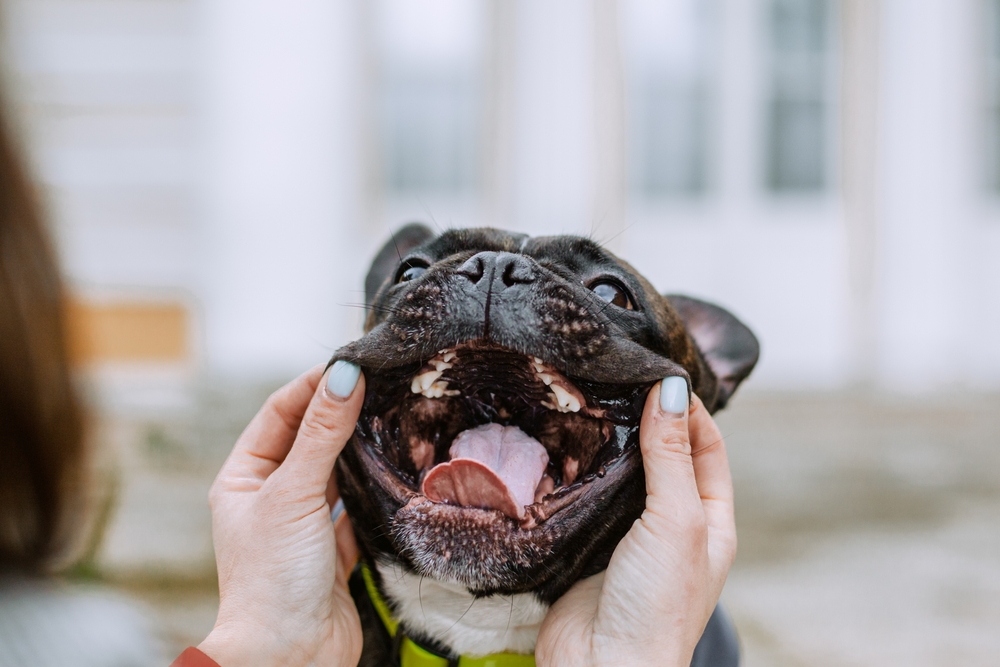
2. Frenchies Have Big Personalities
You might have seen the Internet littered with the most adorable and hilarious videos of a French Bulldog. They are constantly doing things and making their owners and strangers laugh.
These funny little dogs will certainly keep you entertained, as there is never a dull moment when these guys are around.
3. Frenchies Have Many Health Issues
Because of their overall breeding and general structure, Frenchies can have many health issues. To avoid this, it is extremely crucial to buy from a licensed, reputable breeder. If you don’t, you might not understand each of the parents’ genetic lineage, which can create even more health issues in the long run.
Their structure alone can cause health issues, such as obstructive airway syndrome. So, it is very important to be familiar with the potential issues so you can factor in larger vet bills and care into your canine budget.
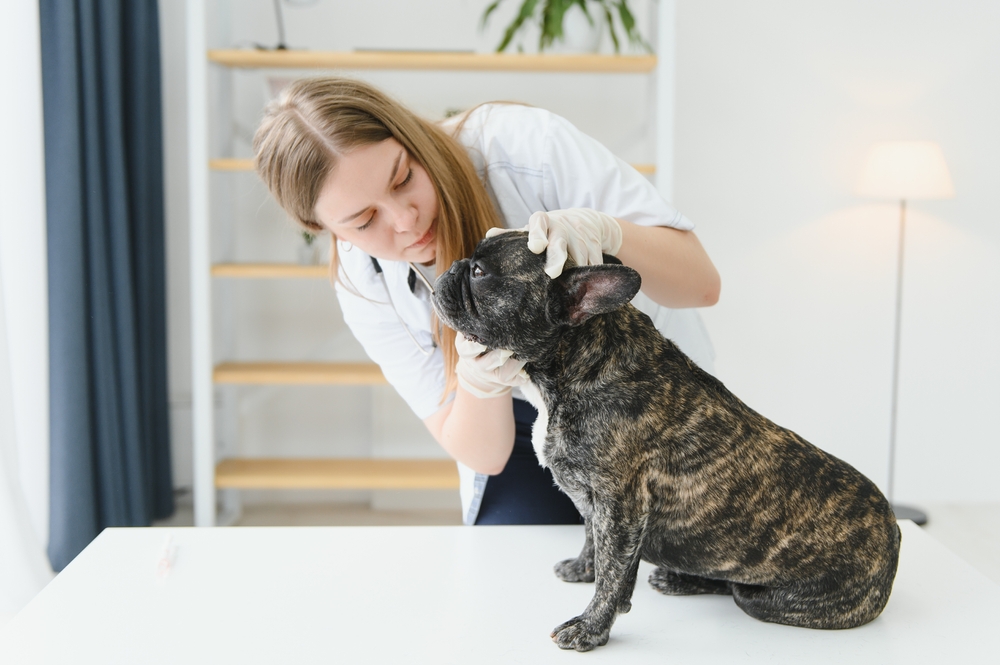
4. Frenchies Are Expensive
Frenchies aren’t cheap! On top of potential increases in the cost of vet care, these dogs cost thousands of dollars right off the rip. It is not unusual to see very sought-after pups listed for over $10,000.

Conclusion
Now you know that these interesting little cuties have a few areas of care that are extra important. Because of their overall bodily structure, these guys can be a little more complicated or expensive to care for than some other breeds.
Buying or adopting a Frenchie certainly requires some research on your part to create the best home possible.
Featured Image Credit: Tienuskin, Shutterstock
